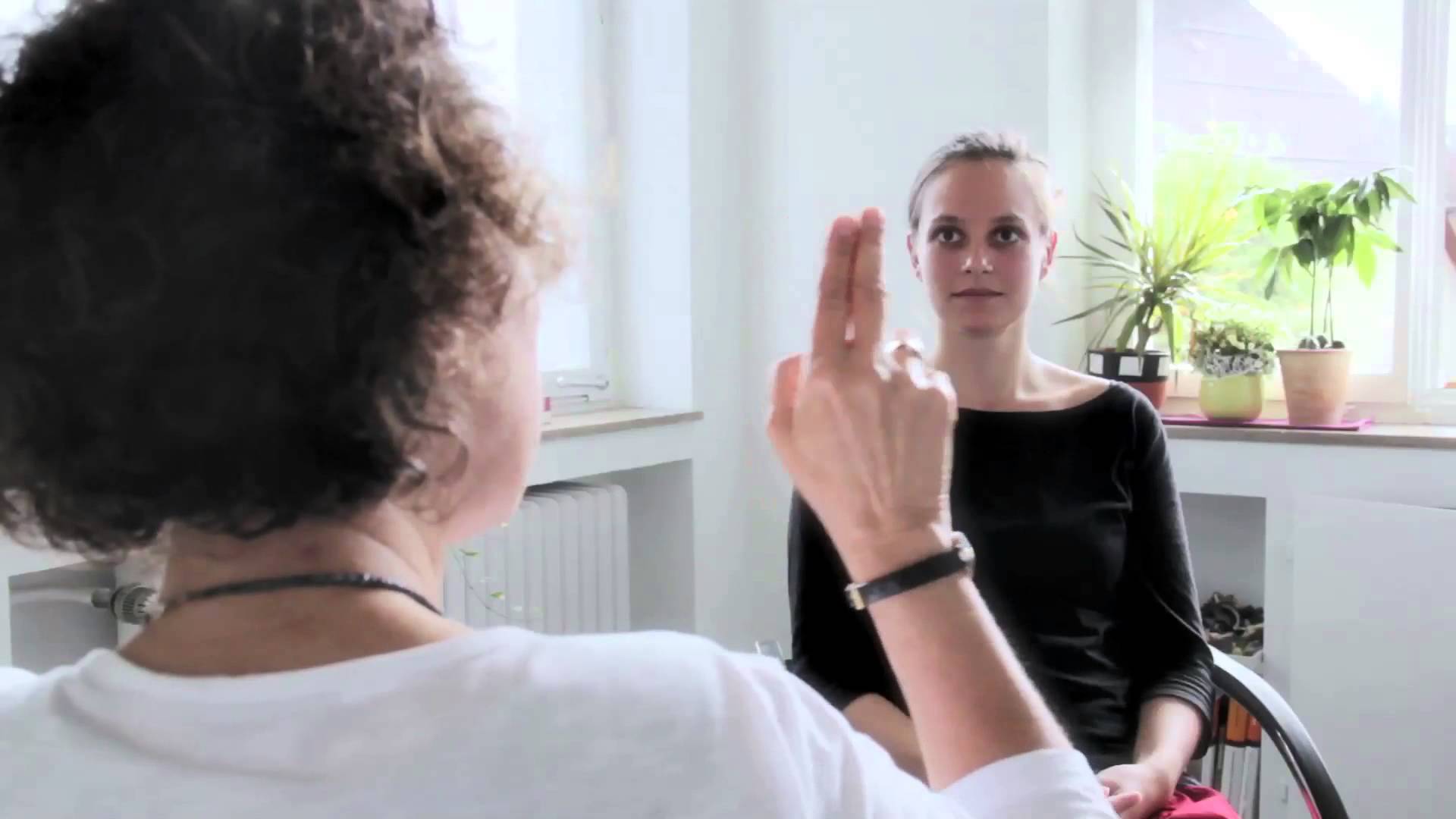When dealing with trauma, finding the right support is essential for healing. Eye Movement Desensitization and Reprocessing (EMDR) therapy is an effective approach for addressing traumatic experiences. If you’re searching for an EMDR therapist near me, this article will guide you through the process of finding the best therapist suited to your needs.
What is EMDR Therapy?
EMDR is a structured therapy designed to help individuals process and heal from traumatic memories. Developed in the late 1980s, this approach uses bilateral stimulation, typically through guided eye movements, to facilitate the reprocessing of traumatic events. This method allows clients to integrate these memories more adaptively, reducing the distress associated with them.
Key Benefits of EMDR Therapy
- Rapid Results: Many clients experience significant relief from symptoms after just a few sessions.
- Effective for PTSD: EMDR is particularly beneficial for those suffering from post-traumatic stress disorder (PTSD) and other trauma-related conditions.
- Holistic Approach: It not only addresses emotional and psychological symptoms but also helps clients develop healthier coping strategies.
Steps to Find the Right EMDR Therapist Near Me
1. Begin with Online Research
Start your search by looking for an EMDR therapist near me using online directories. Websites such as Psychology Today and EMDR International Association provide comprehensive listings of certified therapists.
- Use Filters: Most directories allow you to filter results by location, specialties, and insurance acceptance. This can help you narrow down your options effectively.
2. Check Qualifications and Specializations
When reviewing potential therapists, ensure they are certified in EMDR therapy and have experience in treating trauma-related issues.
- Look for Credentials: Certified EMDR therapists have completed specific training and adhere to professional standards, which is crucial for effective treatment.
3. Ask for Recommendations
Personal referrals can be invaluable in your search. Reach out to friends, family, or support groups who may have experience with EMDR therapy.
- Join Support Groups: Online or local support groups for trauma can provide insights and recommendations based on shared experiences.
4. Schedule Initial Consultations
Once you have a shortlist of therapists, schedule initial consultations. Many therapists offer free or low-cost introductory sessions to help you gauge compatibility.
- Prepare Questions: Ask about their experience with EMDR, their therapeutic approach, and how they tailor treatment to individual needs.
- Evaluate Comfort: Pay attention to how comfortable you feel during the consultation. A strong therapeutic relationship is key to successful therapy.
5. Explore Therapeutic Approaches
While EMDR is a specific therapy, many therapists incorporate additional techniques. Discuss these during your consultation to ensure a comprehensive treatment plan.
What to Expect During EMDR Therapy
As you begin working with an EMDR therapist near me, it’s important to know what to expect throughout the therapy process.
Building Trust and Safety
The initial sessions will focus on establishing a safe and trusting relationship. This is crucial for creating a space where you can explore difficult memories and emotions.
Engaging in the EMDR Process
During sessions, your therapist will guide you through the EMDR process, which may involve discussing specific traumatic memories while engaging in bilateral stimulation.
Emotional Responses
It’s common to experience a range of emotions as you process memories. Your therapist will support you through these feelings, helping you to navigate and understand them.
Conclusion
Finding the right EMDR therapist near me can be a transformative step in your healing journey. EMDR therapy offers an effective way to process trauma, providing relief from distressing symptoms and empowering you to move forward. By taking the time to research, seek recommendations, and connect with a qualified therapist, you can embark on a path toward healing and resilience. Remember, support is available, and your journey to recovery begins with the right therapist by your side.




